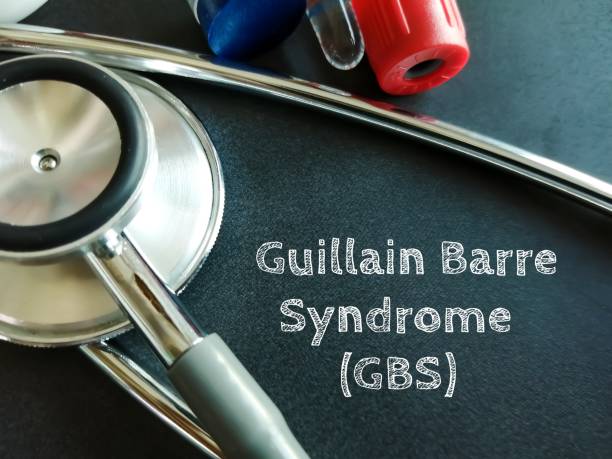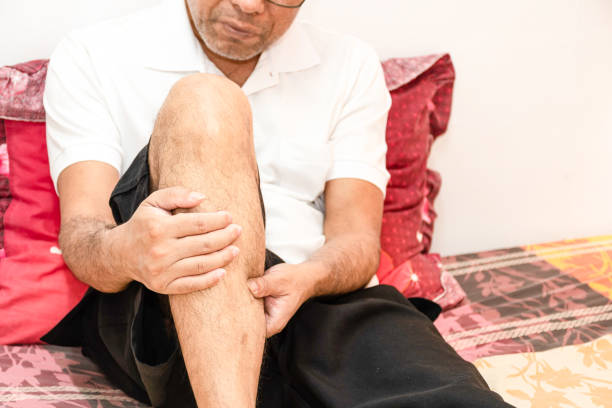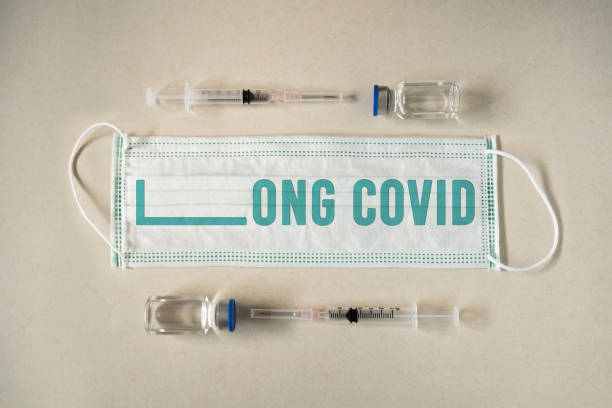Are you still exhausted months after recovering from COVID-19? You’re not alone. Millions of people worldwide have had their lives turned upside-down with post-COVID symptoms that just don’t seem to go away. According to the WHO, there’s a whopping 200 or more symptoms that have linked to this condition, the most common being fatigue. Long COVID fatigue is a real struggle, but science is uncovering why it happens—and how to fight back. In this article, we’ll explore the causes of post-COVID fatigue and practical ways to regain your energy.
Understanding Long COVID Fatigue
You’ve probably heard a lot about post-COVID syndrome on public channels and social media, and you’ve identified with several of the symptoms, especially fatigue. Unfortunately, many sufferers find that their family, friends and colleagues tend to shrug off the mentally-debilitating effects of post-COVID fatigue, oftentimes chalking it down to laziness. If you’re someone who’s been frustrated with not being understood, you’re not alone. Millions of fellow-sufferers are dealing with this awful condition, and they don’t get much understanding or empathy.
What is Long COVID Fatigue?
Long COVID fatigue is a persistent exhaustion that lingers for weeks or months after a COVID-19 infection. Unlike normal tiredness, it does not improve with rest and often interferes with daily life. Studies suggest that inflammation, immune dysregulation, and mitochondrial dysfunction are key drivers of this condition. Some have described the mental fatigue as intense exhaustion, with a feeling that someone has bound up their brain, and no matter how much they struggle, they just can’t break out of it. There’s also a physical toll that’s again, unfortunately, largely invisible to others but very real to sufferers. Here are some of the most common symptoms:
- Severe exhaustion even after light activity
- Brain fog and difficulty concentrating
- Muscle weakness and joint pain
- Dizziness and shortness of breath
Why Does Long COVID Cause Fatigue?
1️⃣ Mitochondrial Dysfunction
The mitochondria, which produce energy in our cells, can become damaged by the virus, leading to extreme fatigue. Research suggests that mitochondrial dysfunction plays a key role in Long COVID fatigue. Your mitochondria are the powerhouses of your cells, and you’re more prone to feeling exhausted when these powerhouses aren’t really powering up your body optimally.
2️⃣ Chronic Inflammation
Ongoing immune activation and inflammatory cytokines may contribute to prolonged exhaustion and muscle weakness. A 2022 study found that elevated cytokine levels persist in Long COVID patients, driving systemic inflammation. In some cases, cytokine levels were elevated even months after the acute phase of an infection. Repeat infections and constant exposure to milder viral loads also tend to overburden the immune system by keeping it always “on”.
3️⃣ Nervous System Dysregulation
Long COVID can impact the autonomic nervous system, leading to poor circulation, brain fog, and post-exertional malaise. Researchers have linked autonomic dysfunction to persistent Long COVID symptoms. You’re also more likely to experience “brain fog” – utter and absolute mental exhaustion that has far-reaching effects.
4️⃣ Hormonal Imbalances
COVID-19 may affect thyroid and adrenal function, contributing to energy depletion. Some studies indicate that viral infections can disrupt endocrine function, leading to fatigue and metabolic changes. You’re also more prone to depression and anxiety as a result, pushing you into an endless cycle of fatigue and emotional suffering.
How to Reduce Fatigue from Long COVID (Science-Backed Tips)
🥗 Optimize Your Diet for Mitochondrial Support
- Eat anti-inflammatory foods like wild-caught fish, leafy greens, turmeric, and ginger.
- Reduce processed sugars and refined carbs to stabilize blood sugar levels.
- Increase mitochondrial-supporting nutrients like CoQ10, magnesium, and B vitamins.
💊 Best Supplements for Long COVID Fatigue
- NAC (N-Acetyl Cysteine) – Supports glutathione levels for cellular recovery.
- B Vitamins – Essential for energy production and nervous system function.
- Omega-3 Fatty Acids – Reduce neuroinflammation and improve brain function.
🛌 Improve Sleep for Faster Recovery
- Maintain a cool, dark, and quiet bedroom to enhance sleep quality.
- Try magnesium or glycine to promote relaxation.
- Use guided meditation or deep breathing exercises before bed.
⚠️ When to See a Doctor
If your fatigue worsens or is accompanied by chest pain, dizziness, or severe shortness of breath, consult a healthcare professional. Long COVID may trigger conditions like POTS (Postural Orthostatic Tachycardia Syndrome) or myocarditis, which require medical intervention. Research shows that POTS is commonly linked to post-viral syndromes. Always keep a track of your symptoms and visit a doctor if they seem to worsen, or if you observe new symptoms. While many Long COVID sufferers have found that time is the greatest healer, many do need medical support. So avoid the temptation to handle it all on your own, especially if your fatigue is severe or progressively worsening.
Final Thoughts
Long COVID fatigue can be debilitating, but recovery is possible with the right strategies. Focus on reducing inflammation, supporting mitochondrial health, and prioritizing sleep to restore energy levels. Even with the best routine that you possibly can come up with, try not to expect miracles right at the start. The road to recovery is long, but it definitely does exist. Keep a watch over your symptoms, and keep in touch with your doctor to ensure focused and consistent recovery.
📩 Want more Long COVID recovery tips? Subscribe to our newsletter! We promise not to spam your mailbox!!!




